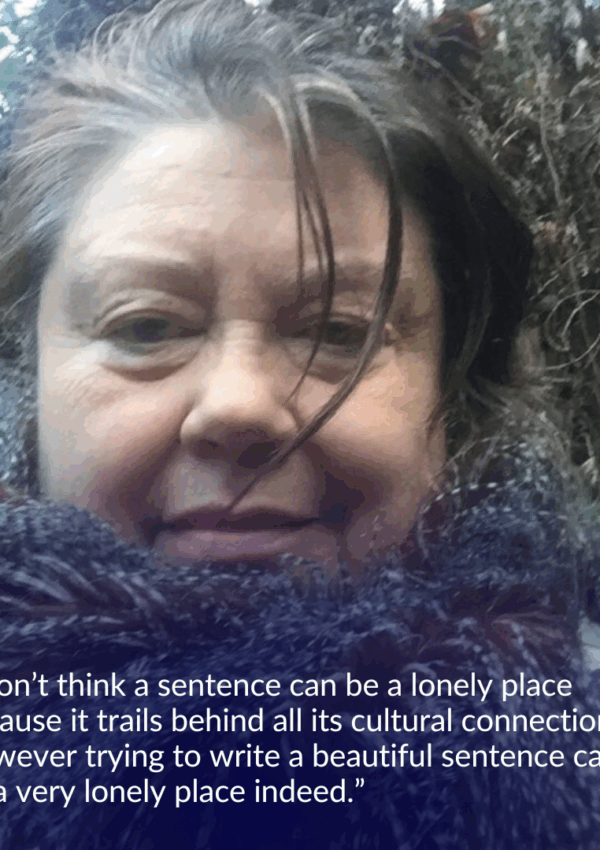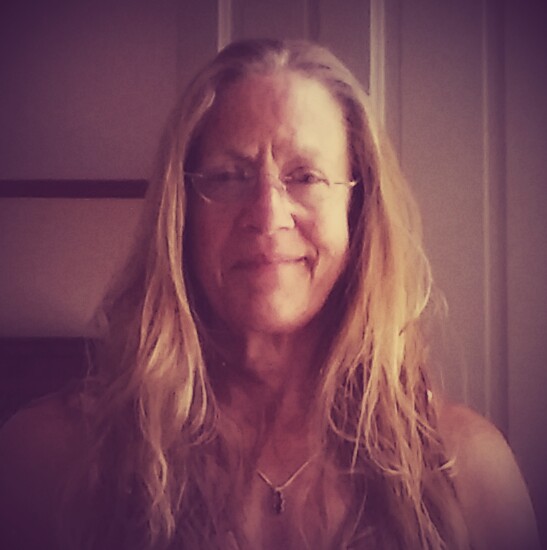The value of creative writing is something that I think about on a daily basis. If my time and energy were depicted in a pie chart, writing would represent the fattest slice. When I’m not writing, teaching writing, or coaching writers, I’m talking about the benefits of community-based writing and coordinating writing workshops. Writing even spills over into my dreams, and it has a role in many of my relationships.
I suppose you could call it an obsession, but it’s one worth sharing. When I left the corporate world for a more writing- and education-focused position at a nonprofit, it was suggested to me that by doing too many writing-oriented things, I might lose my personal creative spark. In fact, quite the opposite has occurred. Instead, focusing on community-based writing reminds me of where I began.
If I tell you that the mere act of writing saved my life, the claim sounds abstract and maybe a little unbelievable. Maybe you think I’m being a bit dramatic, but you probably get it because you’re a writer. Convincing others is not so simple. The changes writing can make in a person’s life are not easy to quantify and do not usually happen overnight. The correlation is impossible to depict in a neat PowerPoint presentation. Perhaps this is why it’s tough to keep funding for the arts in schools.
How does one prove the value of creative writing and writing education? I could enclose before and after pics of my own journey—the high school drop-out me with enough self-esteem to fill a pen cap next to the me of today who is obsessed with writing and believes wholeheartedly in the power of stories and storytelling to change lives—but the pictures would be skewed by age, so I’d rather not. I can’t stuff my transformation, or the transformations I’ve seen in others, into an infographic. The fact is, writing can improve lives, but writers need to work harder to get more people to believe this. We need to foster a wider appreciation of the practice.
It sometimes seems that everyone in the world is writing a novel, but the truth is that creative writing remains a privilege. Someone or something has to introduce you to the value of writing. It takes time, confidence, and quite a bit of self-trust. The fact is, many school-aged children and adults alike are underexposed to creative writing and reading, and I’ve found that by defining writing as something that is larger than me and my own projects, I keep the magic fresh.
I work at San Antonio’s literary nonprofit, Gemini Ink, which hosts free community writing workshops. I sometimes present work by the students in our programs in hopes that I am convincing others that creative writing workshops make a difference in lives. The workshops take place in homeless shelters, after-school centers, schools, libraries, community centers, juvenile correctional facilities, and senior centers. Our instructors focus on creative writing by offering a reading, a prompt, and a sharing session in each class. Simple. Trying to communicate the value of these workshops? Tough.
These students, many of whom have little to no experience writing poems and fiction, are often delightfully surprised by their own love of reading and, more, by their creative output. They are all influenced by strong poets and fiction writers in San Antonio. Who knew I could come up with that? is a common reaction from students. I didn’t think I was a writer. or I didn’t think I had anything to say. or That story was kind of fun to read! are other common responses.
So why should you, a soon-to-be-bestselling novelist or award-winning poet care about others finding the joy of writing? Won’t that just make the over-saturated writing world even more saturated? No. Writing is not about publication for everyone. Writing can be about personal freedom, and I have found in the last few years that it is a freedom that perpetuates itself when shared. Writing with others in the community is powerful because it creates small changes in thinking; it fosters new and more honest bonds; it slows people down in a rushed age. It nudges the tough issues toward the light. It creates new wrinkles in the brain or finds those wrinkles that are underused.
For those of us who are already obsessed, who will never go back, I suggest sharing your knowledge with those around you. You can do this in a few ways. You can volunteer at your local library, you can suggest an exploratory writing prompt to a friend, you can read a favorite story to your elderly neighbor, or you can tell others how writing has changed your own life. There are so many ways to pass the pen.
Not everyone will be as interested as you are, but you might be surprised who is. When I go home for holidays, I always do a writing exercise with my mother. At first, she only wrote a few times a year, but the joy of creative expression had taken hold. She recently started therapeutic writing workshops of her own at her workplace.
When my husband and I have both been working too much and barely see each other, we write each other silly notes and stories. The more creative and wacky, the better. And when someone I love is going through something tough, I suggest they keep a journal or list out what worries them and turn the list into a poem. They don’t always do it, but sometimes they do. And later, sometimes much later, they tell me how much it helped.
Creative writing can open discussions that are too uncomfortable or painful otherwise, by turning a topic on its side or examining it in a fictional world. It can bring voice to the dismissed. It can turn extreme emotions into dynamite metaphors. Writing can give voice to an incredibly important issue, and do it in such a way that people cannot talk over it or talk through it or tell it to shut up. Creative writing makes people listen
I’m not saying we should go knocking on doors or signing people up for the writing life in an annoyingly persistent fashion. Creative writing isn’t something everyone needs to do, and it’s definitely not something that everyone will want to peruse as a therapy, a hobby, or a career.
But as writers, sharing our love of reading and words can strengthen our ability to communicate with those we don’t understand, and those who don’t understand us. It can strengthen our collective voice as well as the voices of individuals who often feel silenced or, worse, as if they have nothing of value to say. It reminds us why we were called to write in the first place.
 Jen Knox is a writing coach and the Writers in Communities Program Director at Gemini Ink. She is the author of After the Gazebo. Connect with her here: www.jenknox.com.
Jen Knox is a writing coach and the Writers in Communities Program Director at Gemini Ink. She is the author of After the Gazebo. Connect with her here: www.jenknox.com.
Jen’s fiction was published in Black Fox Issue 1.



